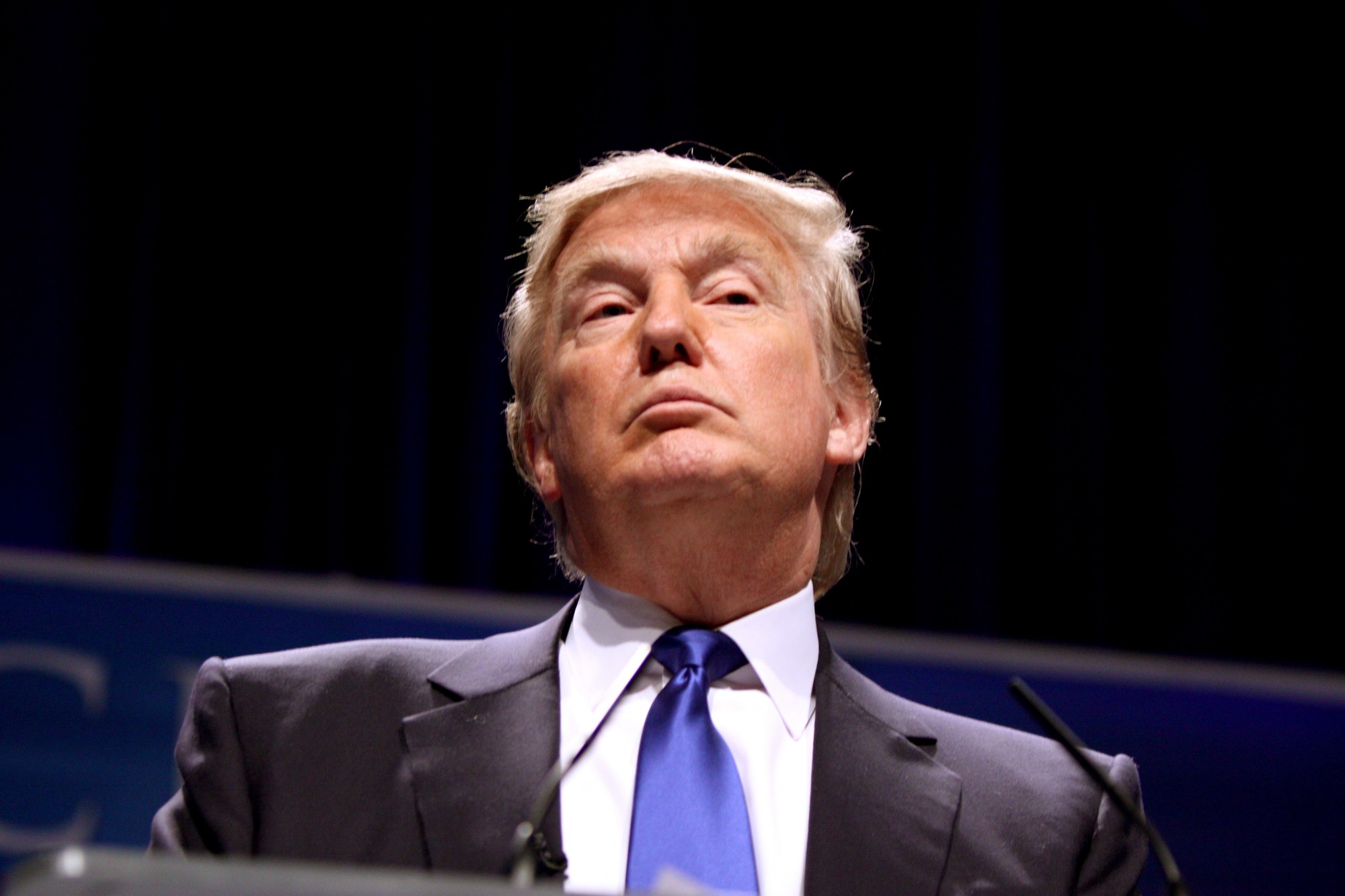By Asia Hester
For The Diamondback
More than 200 University of Maryland faculty members, including the chair of the University Senate, signed a petition calling President Trump’s travel ban “discriminatory… detrimental… [and] fatally disruptive.”
Professors from this university joined more than 42,000 academics — among them Nobel laureates, MacArthur fellows and Pulitzer Prize winners — in opposing Trump’s executive order, which halted travel from seven predominantly Muslim countries.
“This Executive Order imposes undue burden on members of our community,” the petition states. “The people whose status in the United States would be reconsidered under this EO are our students, friends, colleagues and members of our communities.”
A federal judge in Seattle temporarily blocked the executive order, though the Trump administration has vowed to fight the decision. The U.S. Court of Appeals for the 9th Circuit is currently considering whether to uphold the ruling.
Should the ban, which also blocked refugees for 120 days and Syrian refugees indefinitely, remain in place, the petition states that U.S. research institutes will suffer. Those who signed worry talented people will leave the U.S. to pursue research and collaborations elsewhere.
University Senate Chair Jordan Goodman said the executive order is detrimental to academic freedom. He added that this university is “opposed to any discrimination.”
“We as an academic community thrive on our interaction with people all over the world,” said Goodman, a physics professor at this university. “This is aimed at Muslims and a particular group of people, challenging the fundamental assumptions of our country.”
For classics professor Judith Hallett, her concern stems from the fact that the order does not distinguish the reasons why immigrants and travelers are coming to the United States.
“There’s no distinction made between the immigrants who come to the United States for a Ph.D. in nuclear physics or who want to work for a construction company,” Hallett said. “The people who want this ban see their own jobs being taken away. However, they don’t want these jobs or qualify for these jobs.”
Classics professor Lillian Doherty, who signed the petition, said she had family members who emigrated from countries in political turmoil.
“It’s not in the best interest of the country,” Doherty said, “and it’s wrong to prevent people who’ve been thoroughly vetted by the U.S. immigration services, given green cards — these people have a legal right to be in the states.”
Maryland Rep. Andy Harris (R-Cockeysville) is the only member of this state’s congressional delegation to come out in support of the order.
“I support the President’s Executive Order to increase the vetting of refugees and immigrants entering the United States from countries where ISIS has a significant presence,” Harris said in a statement.
But Maryland’s Democratic lawmakers have repeatedly condemned Trump’s actions.
“This executive order will make it more challenging for the U.S. to deal with extremist terrorists globally,” Sen. Ben Cardin (D-Md.) said in a statement. “It will be used as a recruitment tool by terrorist organizations. And it will make it harder to prevent foreign fighters from joining terrorist organizations.”
While university President Wallace Loh’s name was not listed on the petition, he sent a statement to the university community expressing his concern. The letter noted that Trump’s executive order impacts about 350 people on the campus.



